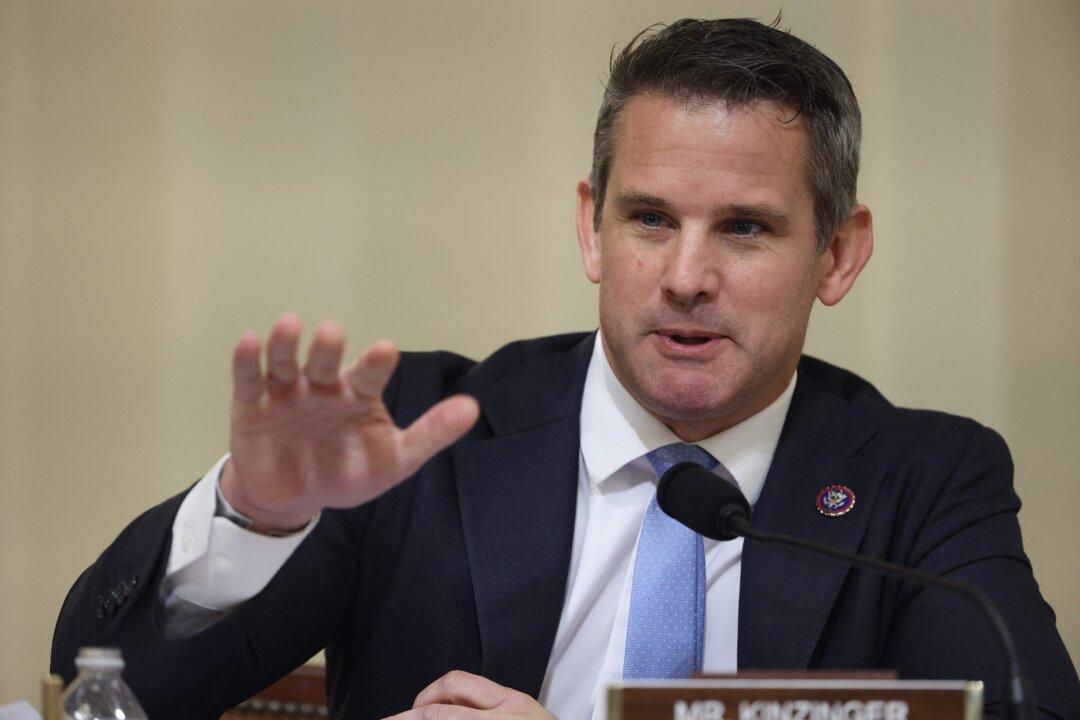Rep. Adam Kinzinger (R-Ill.), one of two Republicans on the select committee to investigate the Jan. 6 U.S. Capitol breach, said he wants to issue subpoenas to anyone who had contact with former President Donald Trump, including House Minority Leader Kevin McCarthy (R-Calif.).
“I would support subpoenas to anyone who can shed light on that,” Kinzinger, who voted to impeach the former president earlier this year, told ABC News on Aug. 1.





